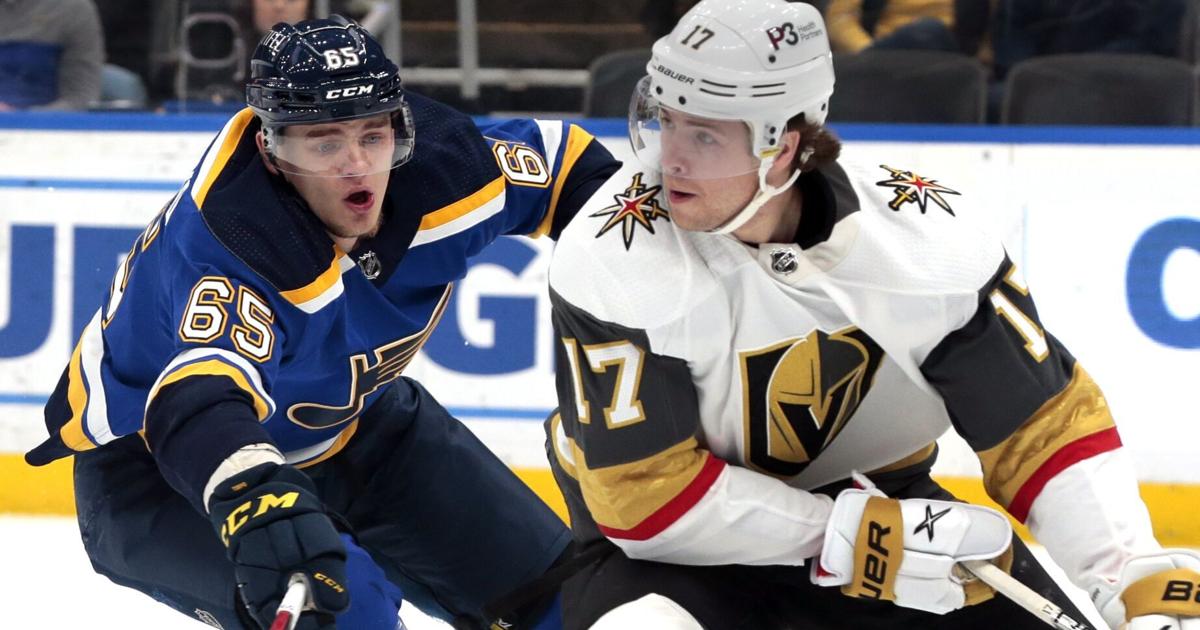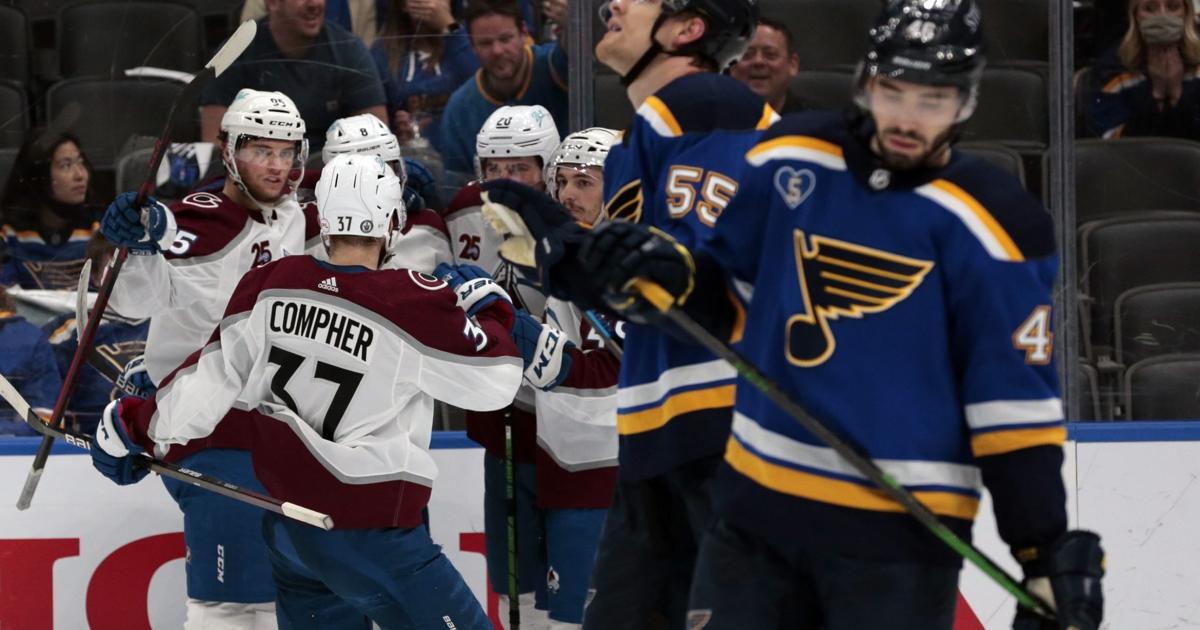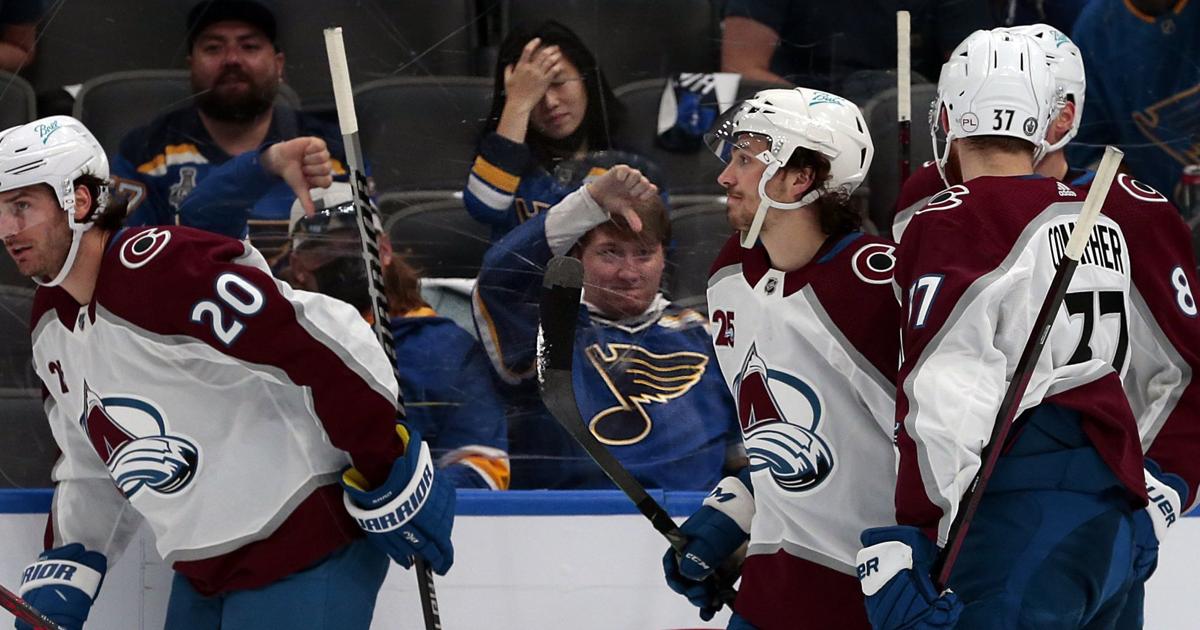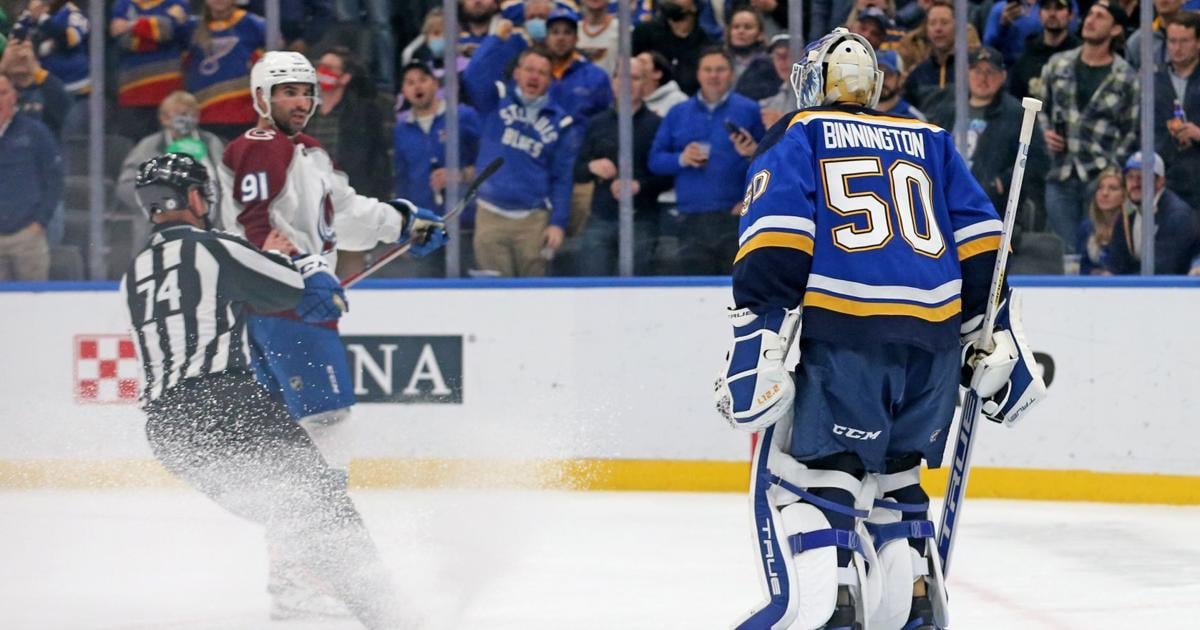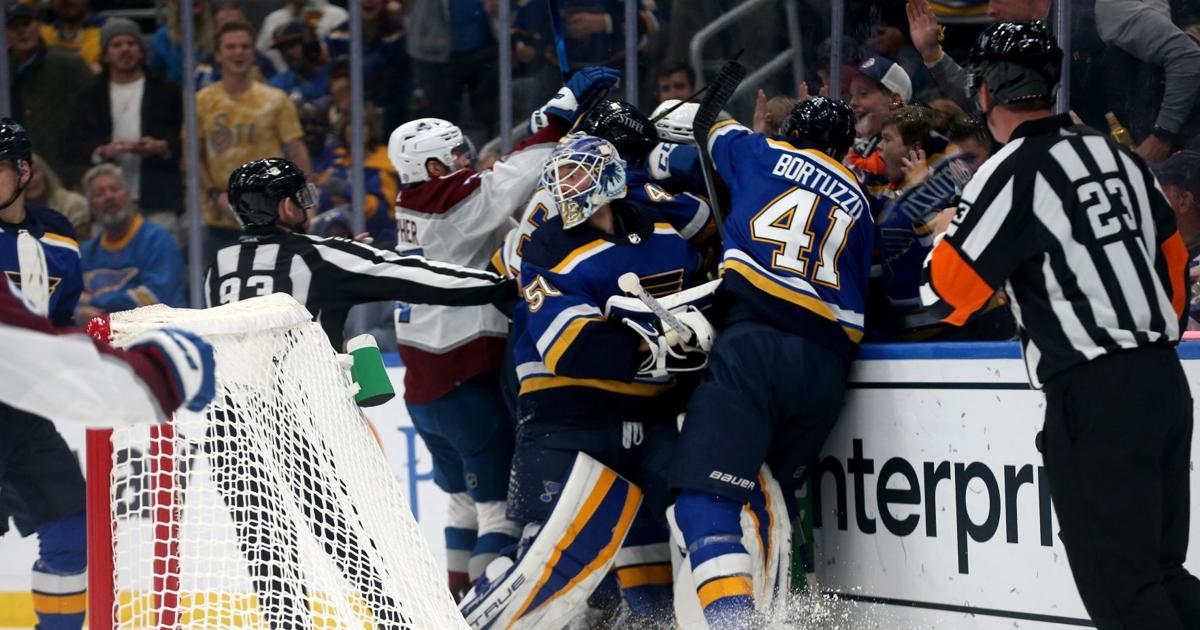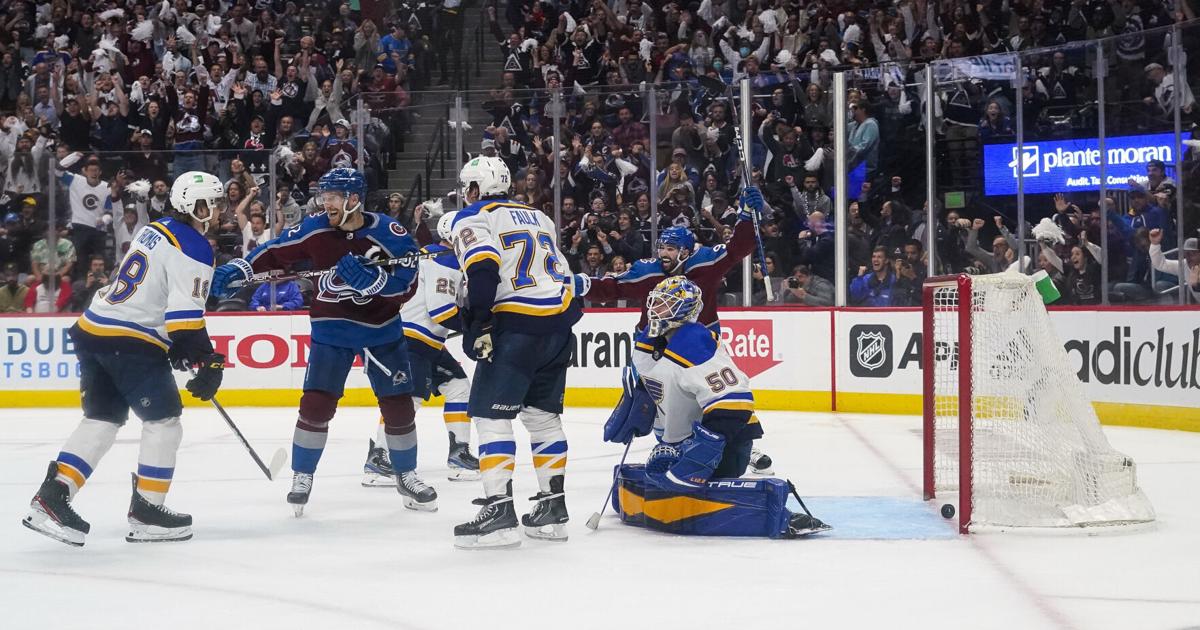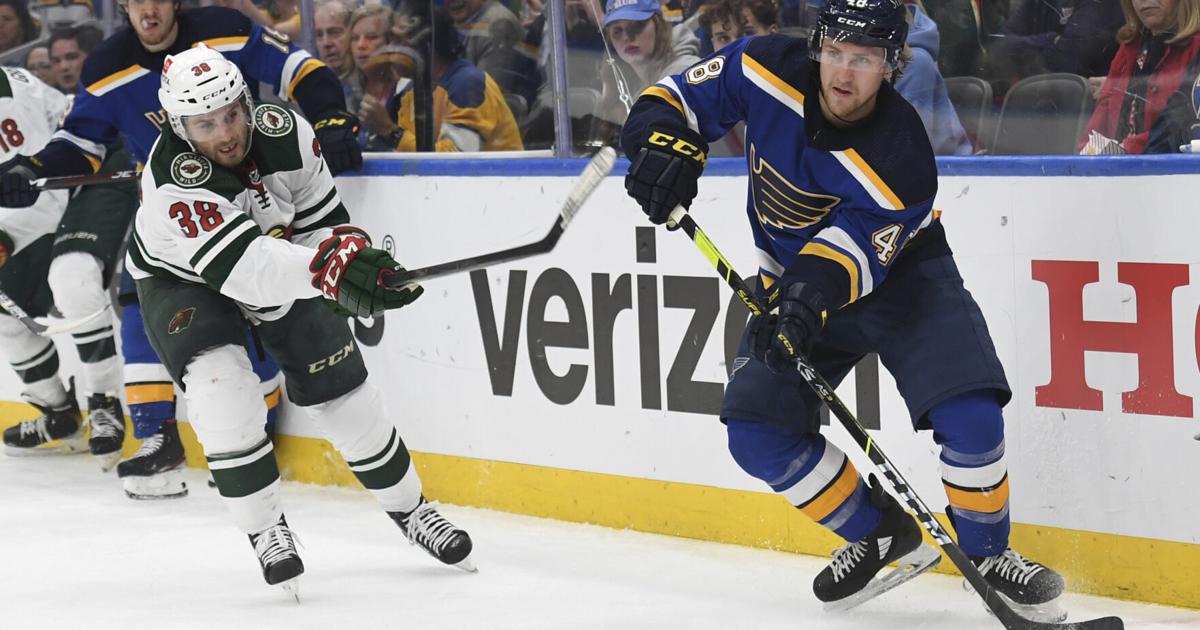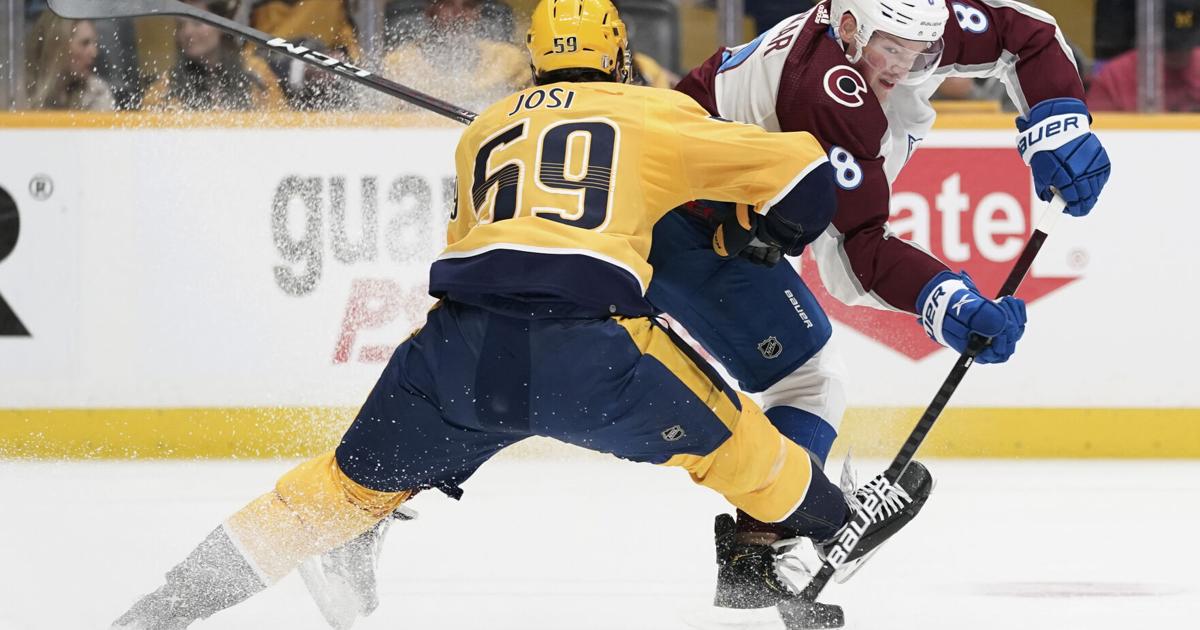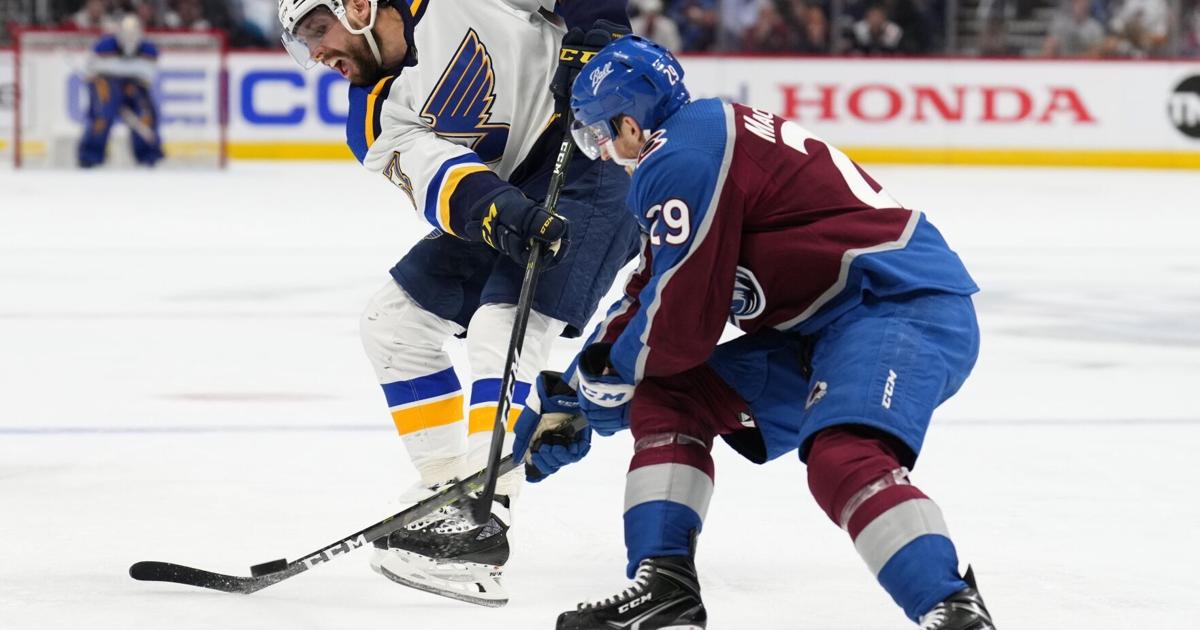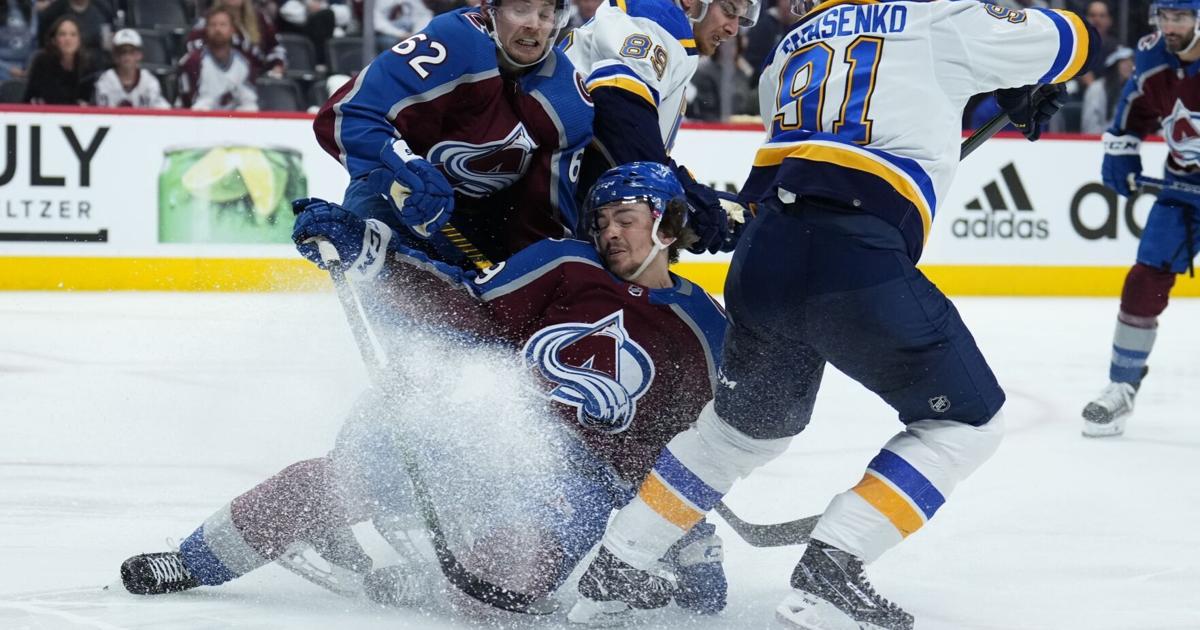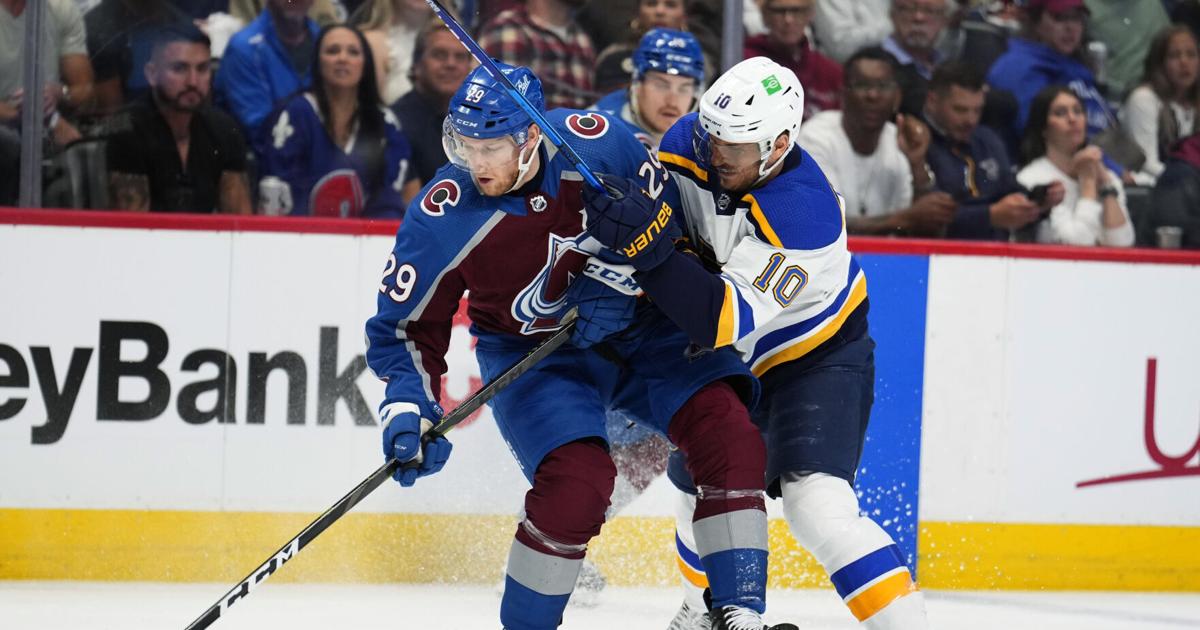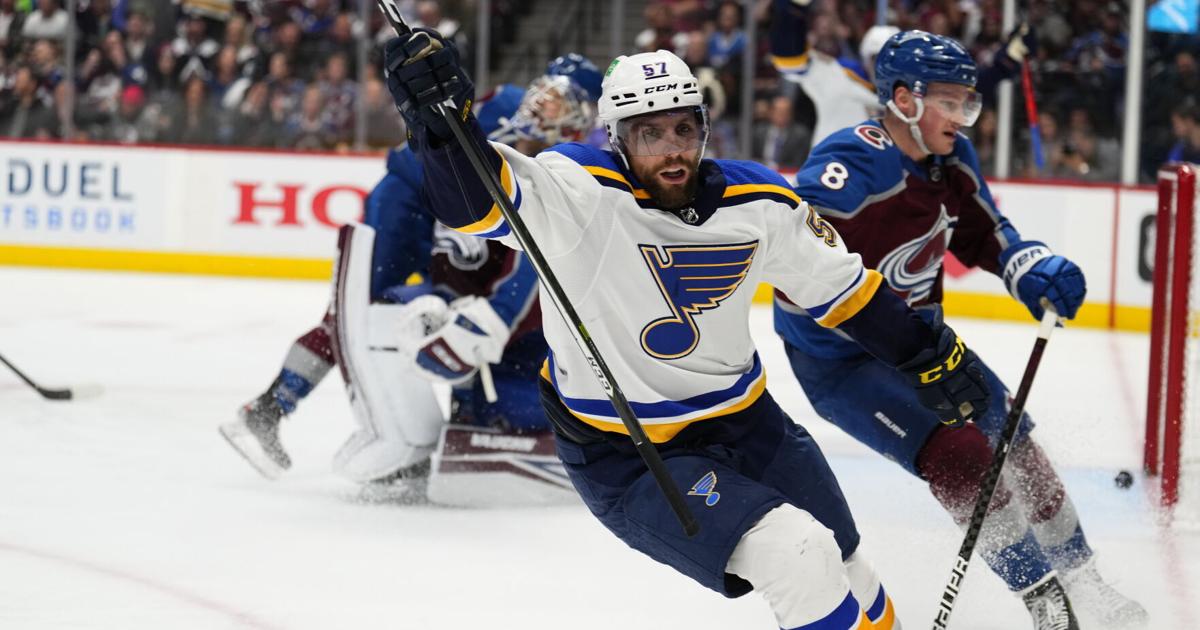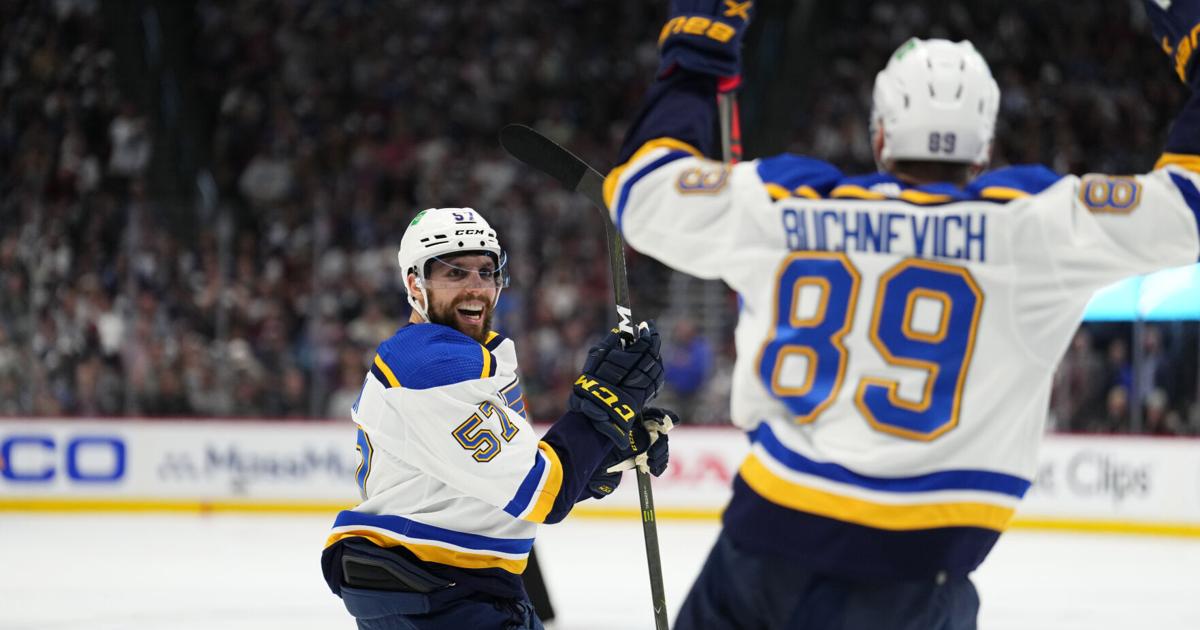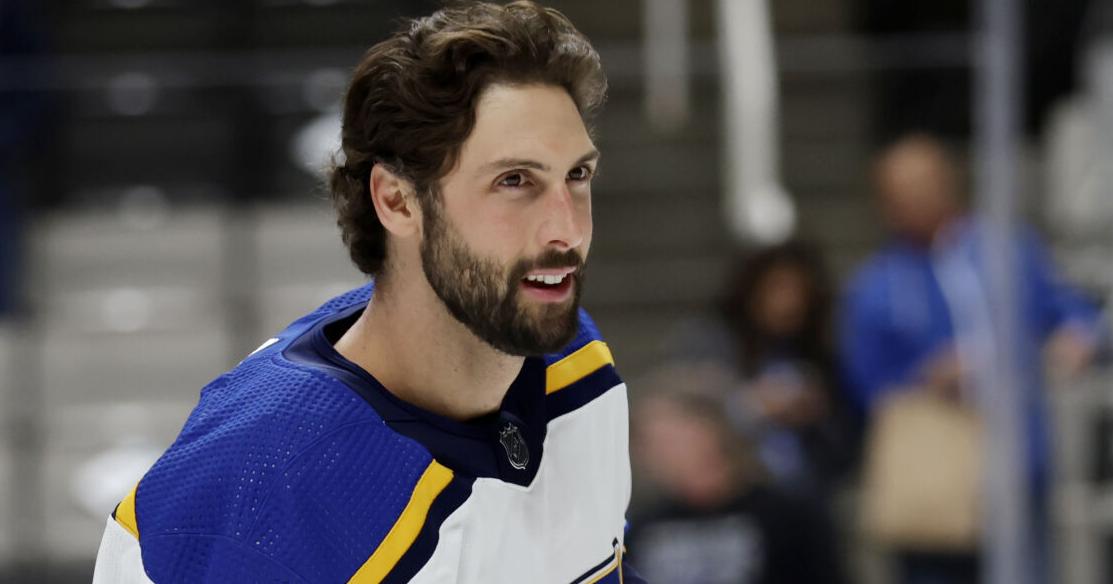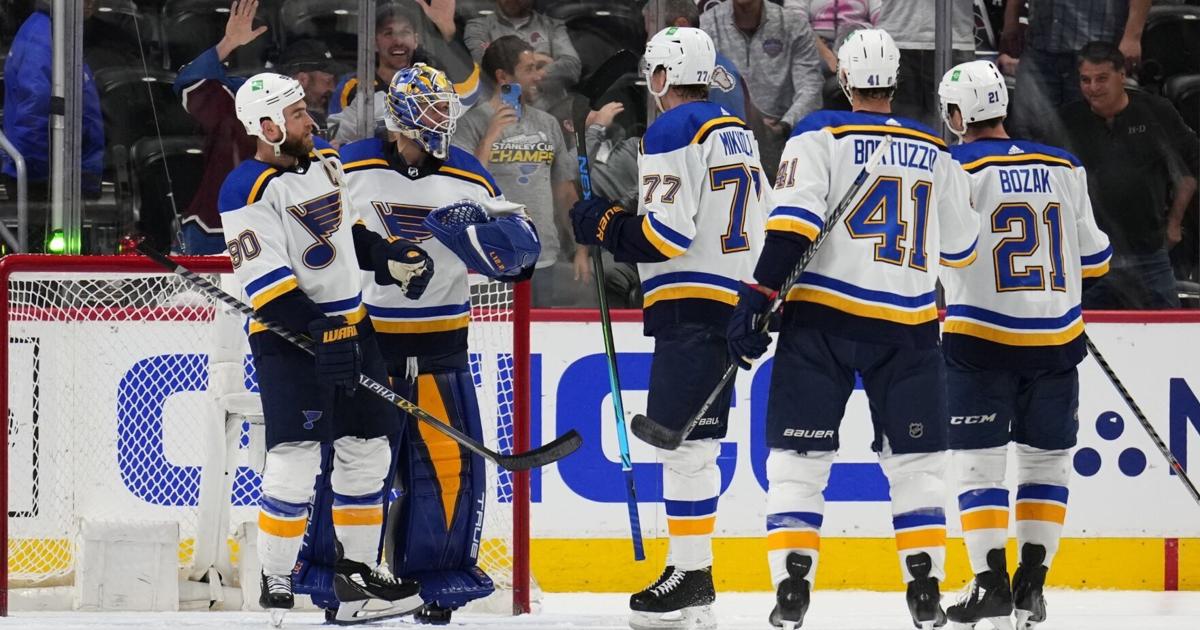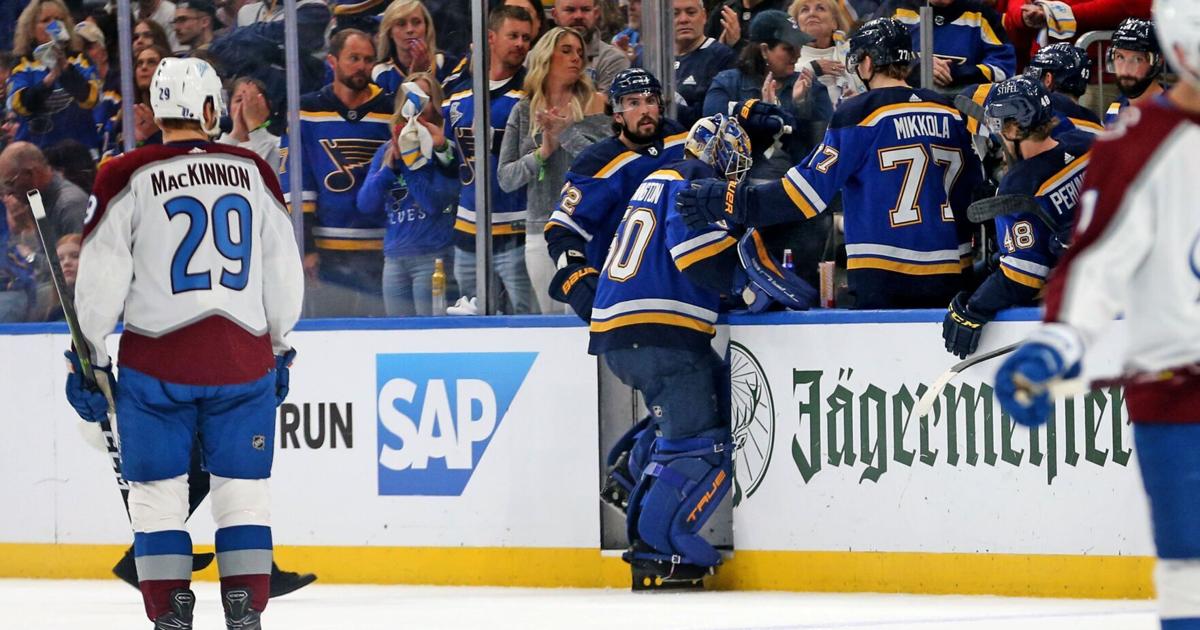pruman91
- Paducah, Ky
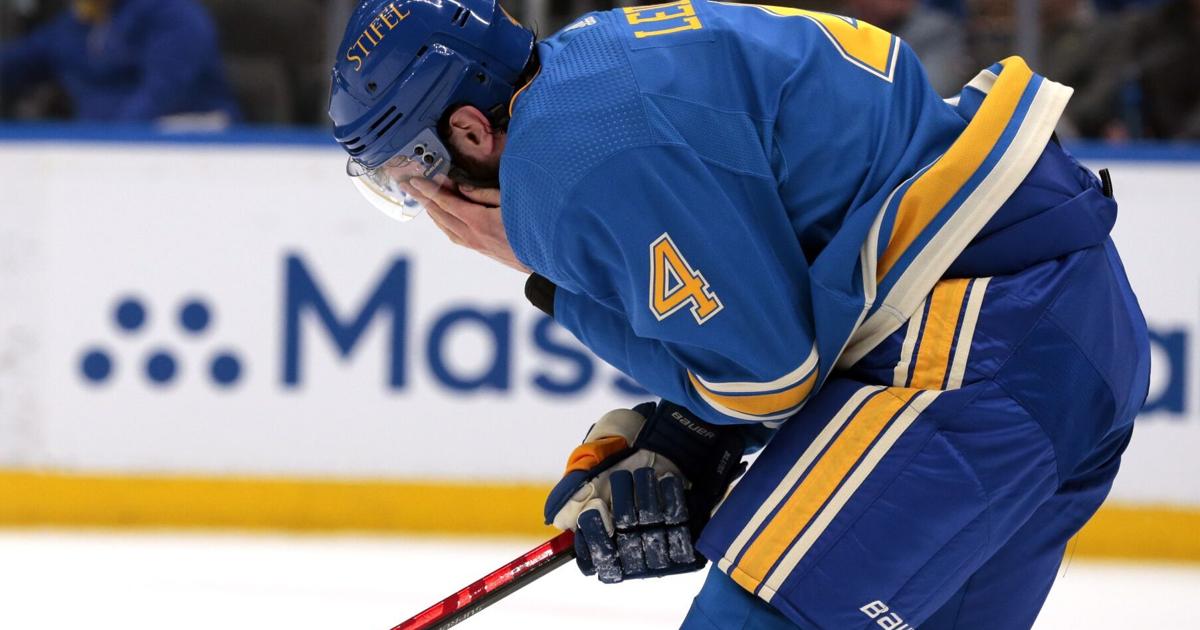
Blues notebook: Leddy ready for next playoff challenge
Twice over the last month, the Minnesota Wild knocked Nick Leddy out of the lineup. He responded by helping to knock the Wild out of the playoffs.
Jim Thomas
Twice over the last month, the Minnesota Wild knocked Nick Leddy out of the lineup. He responded by helping to knock the Wild out of the playoffs.
On April 16, a stick to the face by Kevin Fiala in the second period resulted in 10 stitches below Leddy’s eye. Fiala got four minutes for high-sticking. Leddy missed the rest of that game and the following game (against Nashville) as well.
On May 2, Leddy was slammed from behind by Matt Boldy into the end boards in the first period of Game 1 of the first-round series between the teams.
Boldy was not penalized on the play, and Leddy sidestepped the question when asked if he agreed with the non-call.
“It’s not really for me to decide, especially now that the series is over and it’s time to look at Colorado,” Leddy said Saturday, in his first comments to the media since Game 1.
In any event, Leddy kept playing and finished the game but experienced symptoms the next day and missed the next three games.
“It’s tough to sit out any game, especially in playoffs when you want to be there for your team,” Leddy said. “But I think that’s a great sign of a good team is guys can step up and fill that role.”
Leddy returned for Game 5 and played well. He was even better in the Blues’ Game 6 series clincher, keeping the lid on Wild star Kirill Kaprizov, playing a key role on the Blues’ penalty kill and scoring the game’s first goal in a 5-1 Blues victory.


